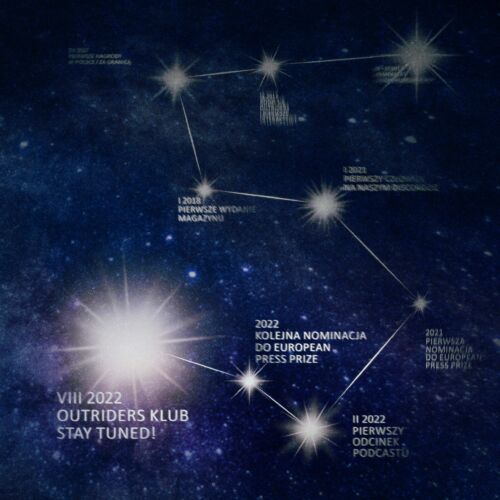Diet vs dementia and listeria and nutrition vs carbon footprint
Replacing meat with certain types of seafood from sustainable sources can help people reduce their carbon footprint without compromising nutrition, according to researchers, among other institutions, from Dalhousie University in Halifax. Farmed crustaceans (mussels and oysters) and pelagic fish (anchovies, mackerel and herring) generate fewer greenhouse gases and are more nutrient-rich than beef, pork or chicken. Experts have examined 41 species of seafood.
The consumption of smoked fish by pregnant women, people with weakened immune systems and over 65s poses a risk of listeriosis – food poisoning caused by the bacterium Listeria monocytogenes – according to UK food safety experts. Listeriosis can cause miscarriages, sepsis or meningitis in newborns.
People who consume large amounts of highly processed foods may be at greater risk of developing dementia. Replacing such foods with unprocessed or minimally processed substitutes is helpful. In the study, researchers from, among others, Sweden’s Lund University assessed the health status of 72,083 people aged 55 or older using data from the UK Biobank, a database containing information on the health status of half a million people in the UK..
According to a study authored by Mayo Clinic researchers, people with lower levels of calcium and potassium in their diet are more likely to suffer another attack of kidney stones. It is therefore recommended to eat bananas, oranges, avocados, potatoes, beans, dairy products, as well as almonds, salmon and leafy vegetables.























